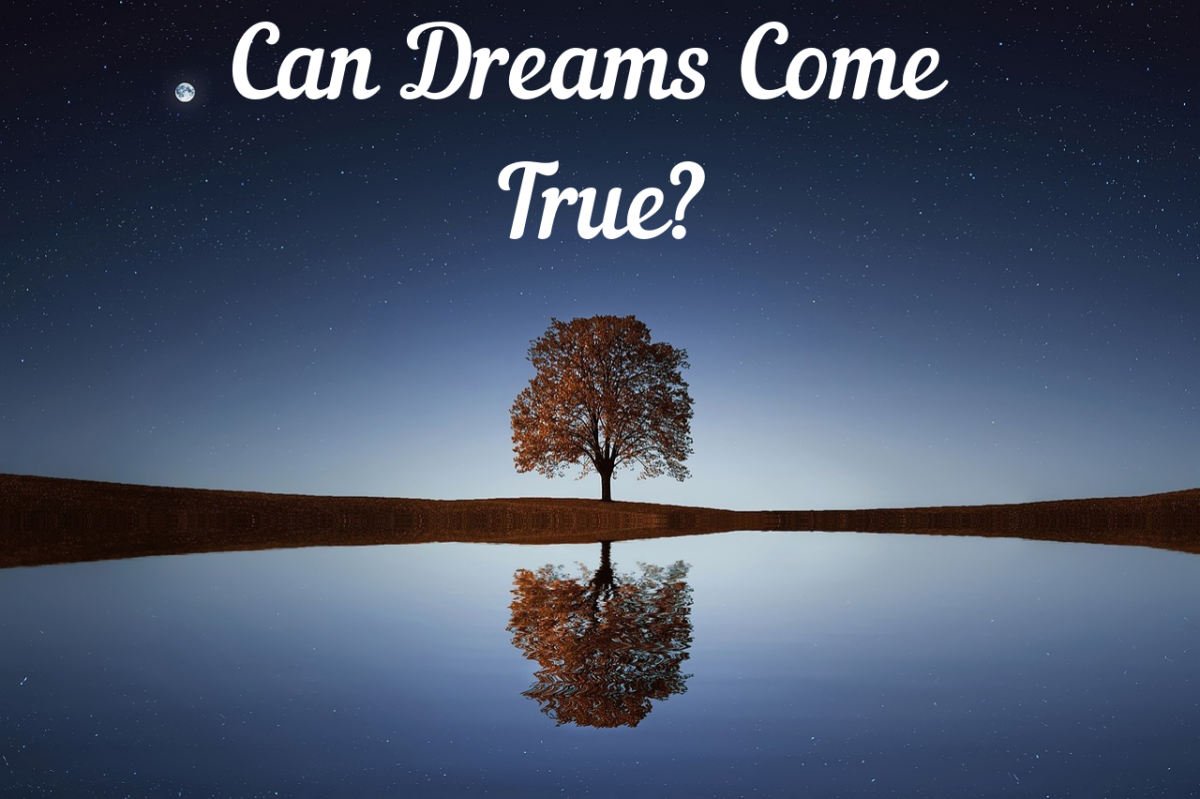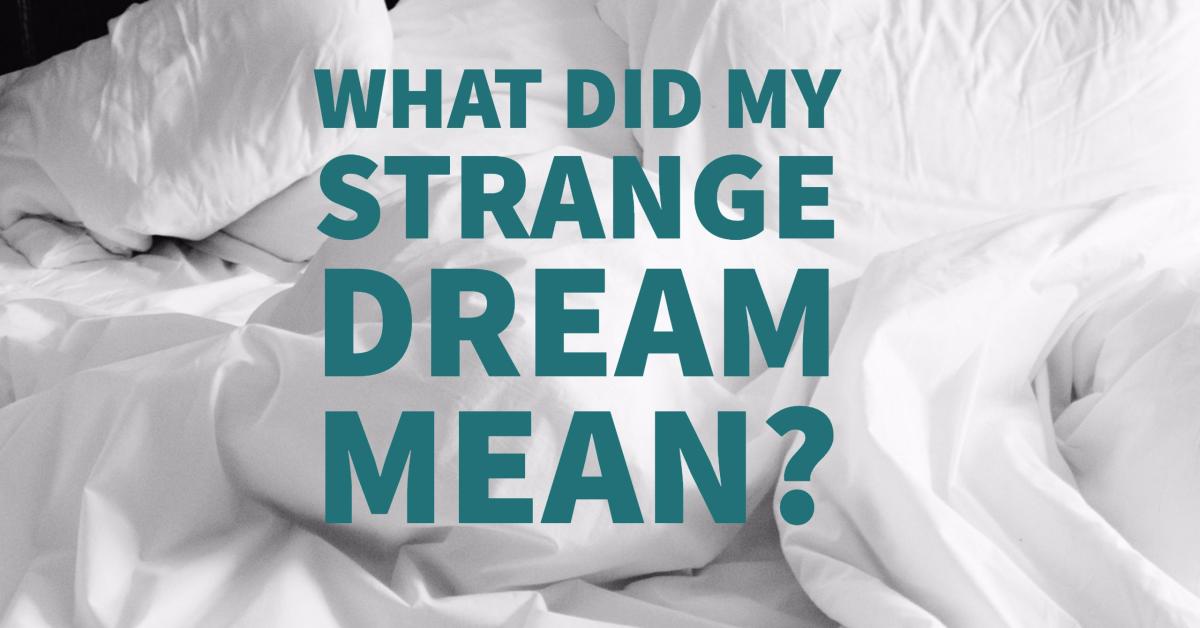Dream Facts: Why do we dream and is it natural?

One of the fascinating things in the world is the occurence of dreams (which has been a source of complete bewilderment and mystery). Other people claim they are omens (premonitions), but many psychologists believe that they are much complicated and realistic than that. But a more interesting question is "Why do we dream?"

The World of Dreams
Several scientists have already decoded almost everything about humans such as anatomy and linguistics. Unfortunately, no matter how much they try to analyze the entire intricate processes the human brain undergoes, they simply end up being entrapped in a maze of frustration.
The mind is like an impenetrable matter that takes a long span of time to explore. The conscious mind may be truly hard to decipher but the unconscious one is even more difficult. Perplexities and complications come along when taking more breadth of analysis on the subconscious mind.
Significantly, the most intriguing of all the activities it undergoes happens when one person is asleep. And according to neurology and psychology, this is also the time when the subconscious mind is active at its peak. Dreams, the mental images the brain projects during sleep, are psychologically brought by the organization of thoughts and manifestation of the unconscious as well as the conscious desires.
In your opinion, dreams can be best described as:
Organization of Thoughts and Dreams
There is a realm of thought claiming that dreams occur as a fundamental step in organizing the information and thoughts the brain collected. As we sleep, the brain still functions to finish or continue processing such bits of information resulting to the occurence of mental visualizations we call dreams.
The day to day activities an individual encounters play significant roles in affecting the flow of information which the brain organizes and interprets. Psychologist Tridon stated, “Freud pointed out a constant connection between some part of every dream and some detail of the dreamer’s life during the previous waking state. This positively establishes relation between sleeping and waking states”. Individuals who engage in numerous tasks, such as businessmen, scientists and accountants, tend to exhaust their minds more, compare to those people whose jobs involve only less physical and mental activities.
In addition, anger, stress and anxiety lead to transmission of unnecessary information which eventually piles up causing turmoil to the organization process. Worn out and all, the brain would project awful dreams as manifestations of those disorganized data processed by the mind. For instance, a wife who gets wary because of the rumors spreading about her husband’s affair with another woman will have uncomfortable sleep due to the excessive anxiety she subjected herself into. This phenomenon creates rippling waves of distorted information impelling the brain to project devastating visualizations, commonly known as nightmares, which may vary on magnitude depending on the level of the disorientation.
Likewise, watching horror or thriller films does the identical effect but only worse. Based on Psychology, these films may trigger turbulence in the organization of thoughts leading to traumatic dreams that may even result to mental disorders. Because human brain can only accommodate certain intensity of distortion, anything beyond it will cause damage and impairment.
Conversely, significant, joyful and memorable happenings each individual faces stabilize the flow of information leading to smooth process of organization. This gives explanation on why people tend to experience flashbacks of those events in form of dreams – the so called “sweet dreams” in layman’s term. Since humans cannot evade being under pressure and stress, meditation and relaxation are advised as they can mend the weary mind so that the brain would organize their thoughts freely. (Check out also this article on how you could maximize happy experiences and reduce the bad ones)
More Info About Dreams
Unconsciousness and Consciousness
Dreams, however, are also manifestations of the unconscious and conscious desires of a person. They are the means of getting in touch with one’s unconscious mind. They do not try to hide one’s real emotions from hisconsciousness. Instead, they let each person look through his unconsciousness.
According to Psychologist Jung, dreams lead one’s conscious mind to completeness and bring answers to challenges everyone faces. The dominance of man’s unconscious desires leads one person to dream of seemingly impossible dreams like having powers and being able to fly. They occur because humans unconsciously yearn for liberation from sufferings and pains they encounter during their waking states. Dreaming of having magical powers just implies that one person has hidden longing to be dominant and be part of the supremacy.
Wanting something may also be out of consciousness. For example, a freshman bullied by a senior would feel rage and would want to get revenge. He might, then, dream of having supernatural strength and use it to fend off the bullies. Moreover, other people dream of becoming successful artists, singers, doctors and etc. Often, they dream of what they want to achieve in real-life situations. These are manifestations of their conscious wants.
Dreams in a Nutshell
Mystery of dreams undoubtedly bewilders and intrigues. A lot of individuals have tried to explain it, but most only came up with conspiracy theories. They believe that dreams are totally insignificant due to their lack of sense; however, this has started to be altered as factual explanations (i.e. integration of psychology) of how they occur change their erroneous perspectives. It has been proven that dreams do not just come out of nowhere and lead to nowhere. They are products of the interactions of the waking state and the unconscious state of one person (which are the two important concepts in psychology).
More from the Author of Pyschology of Dreams
- Living a Disappointment-Free Life Full of Happiness
Read some tips on how you can guard yourself against disappointment that will enable you to shift from a worrisome lifestyle to a happier one. - Interesting Facts about the World's Most Favorite Insect, Cockroaches
This article contains a set of various yet interesting facts about cockroaches that would completely amaze you. - Venturing in the World of Abstract Art
This article provides you with some basic knowledge on abstract art such as its origin, interpretation and some guide on how to create one.








